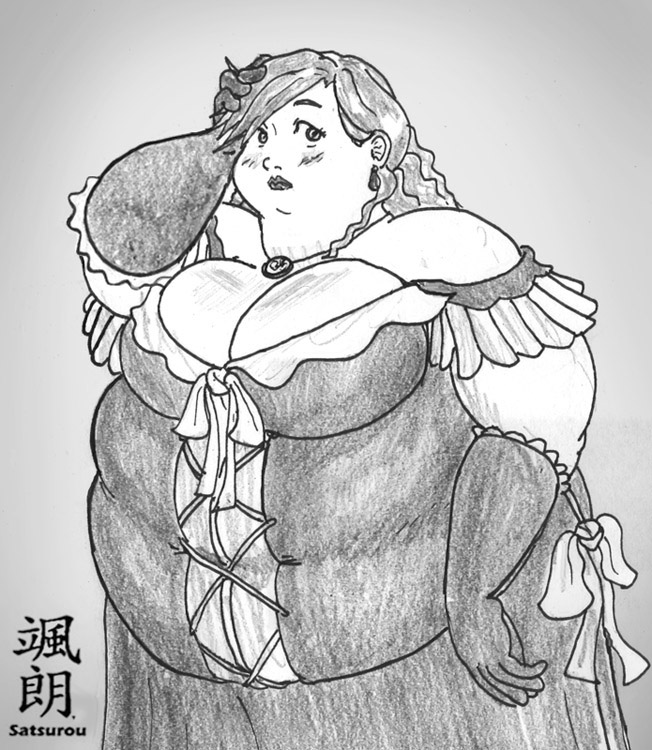So for today's blog post, I decided I would do another name comparison. This week's post is brought to you by the name Perdita and the author Terry Pratchett, British satirist. In his book, Maskerade, he adopts a similar plot to The Phantom of the Opera while expressing his disgust for Christine, the super girly opera star who is only really good for teenage girls to vicariously live out their dreams through.
 |
| Sound familiar? |
But instead of the beautiful and ditzy Christine becoming the local voice talent, a country girl by the name of Agnes Nitt (who, through some strange manifestation of magical ability, can sing in thirds with herself) sings all the major arias over Christine, essentially becoming Christine's voice actress. Unfortunately for Agnes, she is just not star material (meaning she just isn't pretty enough). Yet throughout the novel, Agnes fancies herself a beautiful gothic princess, the kind of girl that goes around wearing lacy gloves and fancy corsets. She adopts a whole different alter-ego for herself that she calls Perdita X Dream, the kind of name you'll only find in bad romance novels.
It is only after adopting the new persona of Perdita that she goes to join the opera house and become her new self. Pratchett's utilization of the name, however, suggests that Agnes is only really fooling herself and doesn't truly belong in the big city. She is a stranger to fame and show-business, lost from her homeland, much like Perdita is a stranger to Bohemia, lost from Sicily. It isn't until Agnes is brought back home and again becomes Agnes that she finds where she belongs. She may not like it there, but nevertheless, it is her home.


Terry Pratchett is even more overt about his use of motifs and themes from other works than JK Rowling is. He's a satirist, so that's kind of his shtick. He's borrowed extensively from other Shakespearean plays (most notably, Lords and Ladies is based on A Midsummer Night's Dream), so, yet again, I would be surprised if this were in any way accidental.
ReplyDeleteDefinitely not accidental. Pratchett borrows from all types of literature to both connect with his audience and deepen his writing. He is certainly a craftsman of the written word.
ReplyDelete